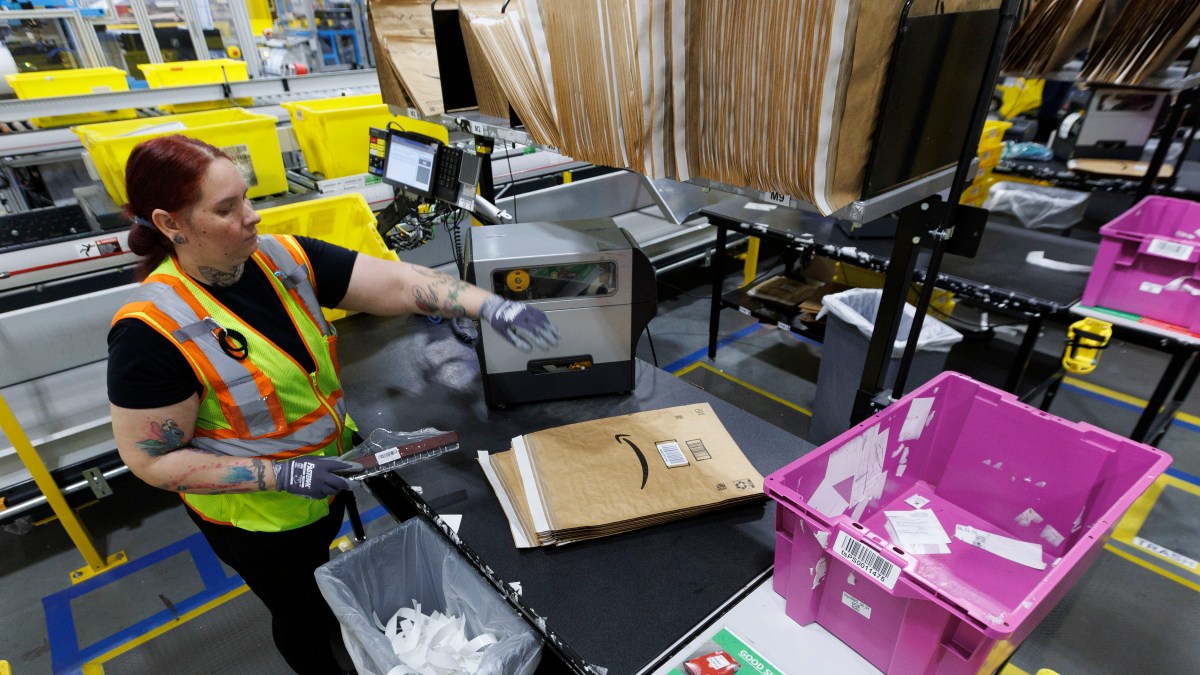Disappointing second-quarter results for Amazon’s cloud computing business saw its shares drop sharply in after-hours trading.
While the world’s largest online retailer forecast that revenue in the third quarter would be above market estimates, investors focused on shrinking margins at its Amazon Web Services business.
Margins at AWS were at their lowest level since the final quarter of 2023, dropping to 32.9 per cent from 39.5 per cent in the first quarter and 35.5 per cent a year ago.
AWS, the world’s largest cloud provider, reported a 17.5 per cent increase in revenue to $30.9 billion, edging past expectations of $30.77 billion. This was less than at rivals Microsoft’s Azure and Google Cloud, where revenue grew 39 per cent and 32 per cent respectively.
While AWS represents a small part of Amazon’s total revenue, it is a key driver of profits, typically accounting for about 60 per cent of Amazon’s overall operating income.
The company has poured billions of dollars into AI infrastructure, and there are concerns that AWS could be falling behind rivals in its use of AI in cloud services.
Ken Mahoney, boss of Mahoney Asset Management, said: “AWS is their growth engine, and to see that drop in margin is dropping the stock. The market was looking for further fireworks to take this up back to new highs and beyond.”
Amazon shares fell more than 7 per cent in after-hours trading. Over the past year, the shares have gained about 25 per cent.
The world’s largest online retailer reported total second-quarter net revenue of $167.7 billion, up 13 per cent year on year. This beat market expectations of $162 billion. Net profit rose to $18.2 billion, up from $13.5 billion in the same quarter in 2024.
It expected net sales to be between $174 billion and $179.5 billion in the third quarter, compared with the $173.08 billion forecast by analysts, encouraged by solid retail business despite pressures from US tariffs on imports.
President Trump’s tariffs have dampened the US retail industry, leaving big retailers and consumer goods companies scrambling to protect margins or resorting to price increases.
• Dominance of Microsoft and Amazon ‘harms cloud competition’
Investors have been watching Amazon’s e-commerce unit for any signs that tariff-related uncertainty has dashed consumer confidence. US data showed consumer spending rose moderately in June.
Amazon has pushed suppliers to pull forward inventories, but prices for goods from China sold on Amazon have been rising faster than inflation.
Amazon, based in Seattle, was founded in 1994 by Jeff Bezos, who remains executive chairman and is the largest individual shareholder.
